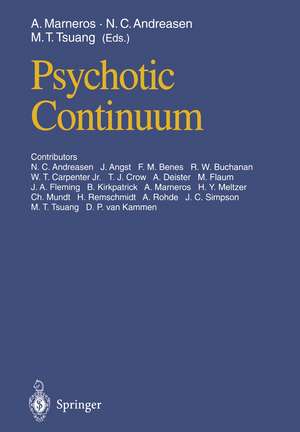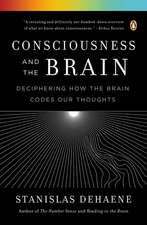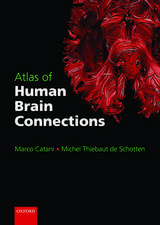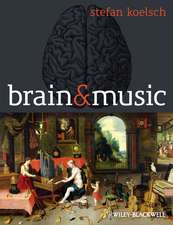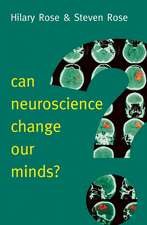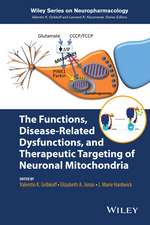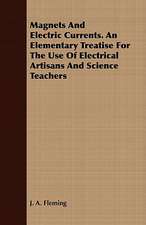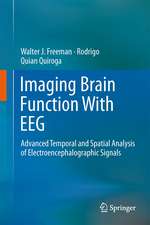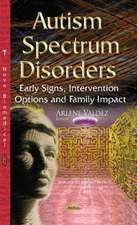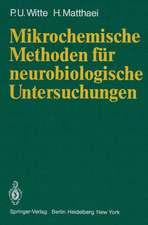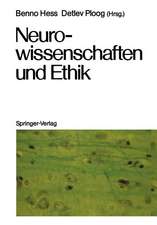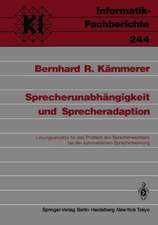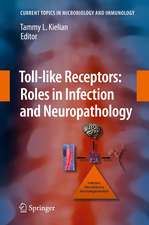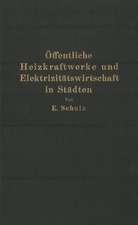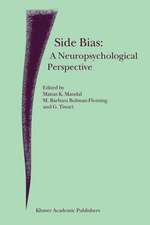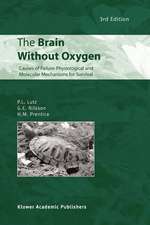Psychotic Continuum
Contribuţii de NC Andreasen Editat de Andreas Marneros Contribuţii de J. Angst Editat de Nancy C. Andreasen Contribuţii de F.M. Benes Editat de Ming T. Tsuang Contribuţii de R.W. Buchanan, W.T. Carpenter, T.J. Jr. Crow, A. Deister, M. Flaum, J. A. Fleming, B. Kirkpatrick, A. Marneros, M. Martin, H.Y. Meltzer, C. Mundt, H. Remschmidt, A. Rohde, E. Schulz, J. C. Simpson, G.-E. Trott, M.T. Tsuang, D.P. van Kammenen Limba Engleză Paperback – 18 ian 2012
Preț: 710.79 lei
Preț vechi: 748.20 lei
-5% Nou
Puncte Express: 1066
Preț estimativ în valută:
136.01€ • 148.20$ • 114.61£
136.01€ • 148.20$ • 114.61£
Carte tipărită la comandă
Livrare economică 23 aprilie-07 mai
Preluare comenzi: 021 569.72.76
Specificații
ISBN-13: 9783642794872
ISBN-10: 3642794874
Pagini: 180
Ilustrații: X, 167 p. 4 illus.
Dimensiuni: 170 x 242 x 9 mm
Greutate: 0.3 kg
Ediția:Softcover reprint of the original 1st ed. 1995
Editura: Springer Berlin, Heidelberg
Colecția Springer
Locul publicării:Berlin, Heidelberg, Germany
ISBN-10: 3642794874
Pagini: 180
Ilustrații: X, 167 p. 4 illus.
Dimensiuni: 170 x 242 x 9 mm
Greutate: 0.3 kg
Ediția:Softcover reprint of the original 1st ed. 1995
Editura: Springer Berlin, Heidelberg
Colecția Springer
Locul publicării:Berlin, Heidelberg, Germany
Public țintă
ResearchDescriere
One of the most important questions of our previous common volumes about affective, schizoaffective, and schizophrenic disorders was the question of what connects and what separates psychotic disorders (Marneros and Tsuang, Schizo affective Psychoses, Springer-Verlag, 1986; Marneros and Tsuang Affective and Schizoaffective Disorders, Springer-Verlag, 1990; Marneros, Andreasen, and Tsuang, Negative and Positive Schizophrenia, Springer-Verlag 1993). The boundaries between various psychotic disorders are not always clearly defined. Some groups of psychotic disorders, such as schizoaffective disorders and all the other "atypical" psychoses, occupy a position between "typical" mental disorders, such as schizophrenia, and affective disorders. The question is: Do psychotic disorders form a continuum, or are they, despite their unclear boundaries, distinct entities? On what basis should we assume there is a continuity of psychotic disorders? Solely symptomatology? Or perhaps also a continuity in genetic predispositions? Or in biological, pharmacological, and other dimensions? Is the old idea of "Einheitspsychose" (unitary psychosis) really always wrong? The contributions contained in this new volume cannot provide a definite answer to the above questions. But they try to describe some relevant aspects of the problem, and to give some partial answers. Halle-Wittenberg, Germany A. MARNEROS Brockton, USA M. T. TSUANG Iowa, USA N. C. ANDREASEN October 1994 Contents Part I Psychotic Continuum: An Introduction A. MARNEROS . . . . . . . . . . . . . . . . . . . . . . . . . . . . . . . . . . . . . . . . . . . . . . . . . . . 3 Psychotic Continuum or Distinct Entities: Perspectives from Psychopathology CH. MUNDT. . . . . . . . . . . . . . . . . . . . . . . . . . . . . . . . . . . . . . . . . . . . . . . . . . . . 7 Psychotic Continuum Under Longitudinal Considerations A. MARNEROS, A. ROHDE, and A. DEISTER. . . . . . . . . . . . . . . . . . . . . . . . . . 17 Psychotic Continuum or Distinct Entities: Perspective from Psychopharmacology H. Y. MELTZER. . . . . . . . . . . . . . . . . . . . . . . . . . . . . . . . . . . . . . . . . . . . . . . . .
Cuprins
I.- Psychotic Continuum: An Introduction.- Psychotic Continuum or Distinct Entities: Perspectives from Psychopathology.- Psychotic Continuum Under Longitudinal Considerations.- Psychotic Continuum or Distinct Entities: Perspective from Psychopharmacology.- Psychotic Continuum or Distinct Entities: Perspectives from Family Studies.- Etiology of Schizophrenia: Perspectives from Childhood Psychoses.- Psychotic Continuum or Distinct Entities: Discussion.- II.- The Schizophrenia Spectrum: Perspectives from Neuroimaging.- Biochemical Heterogeneity in Schizophrenia: Implications and Research Strategies of the State Dependency Model.- Microscopic Findings in the Cortex and Hippocampus of Schizophrenic and Schizoaffective Patients.- Schizophrenia: Disease Entity, Disease Entities, or Domains of Psychopathology?.- Psychotic Continuum or Disease Entities? The Critical Impact of Nosology on the Problem of Aetiology.
